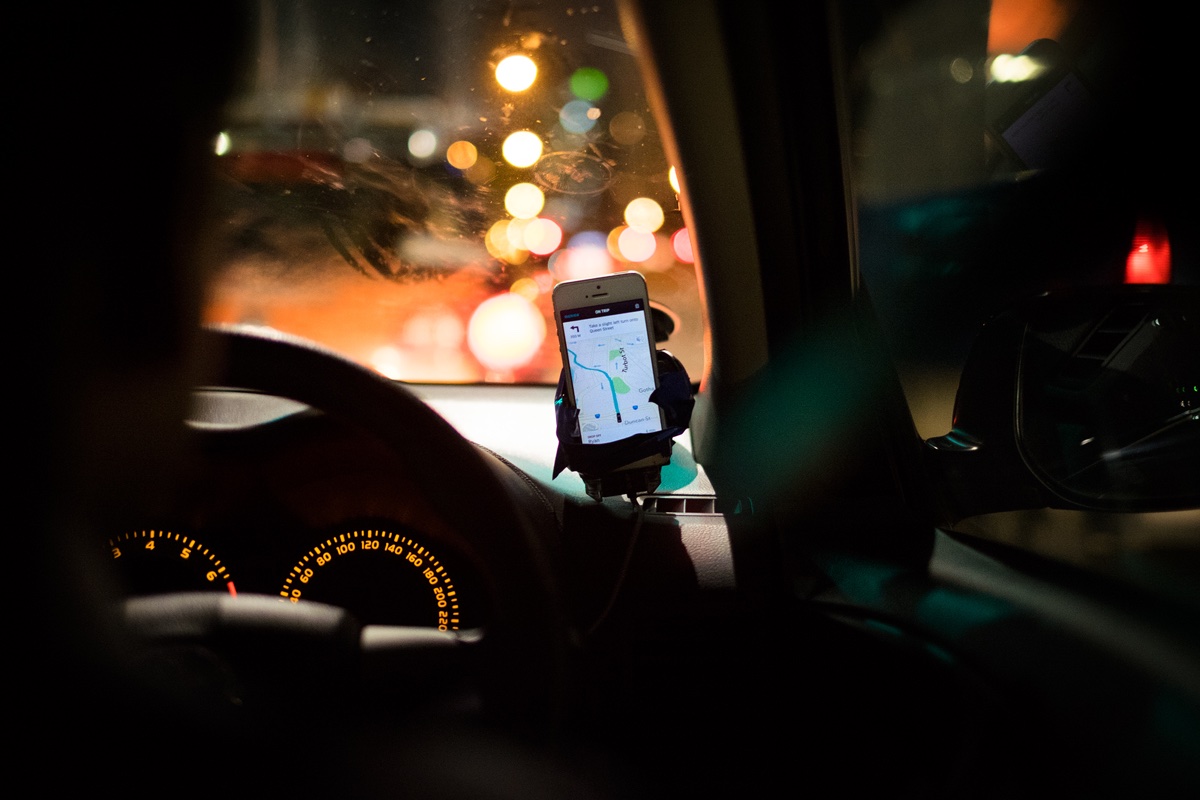Study: Uber Treats You Differently in Boston if You’re Black or a Woman

Photo by Noel Tock on Flickr/Creative Commons
Trying to hail an Uber in Boston? If you’re black—or specifically, if your name sounds black—you might find it a little more difficult to find a driver.
That was the finding of a study the National Bureau of Economic Research conducted in Boston and Seattle, which “found significant evidence of racial discrimination” in Boston and Seattle—the two cities where the experiment was conducted—according to its authors, which include Christopher R. Knittel, of the MIT Sloan School of Management, along with researchers from Sanford and the University of Washington.
Uber drivers were twice as likely to decline to pick up a rider with a more typically African-American name than one with a name that sounded more white, the study found. The rate of dropped trips was three times greater when the name used was that of a black man.
A similar experiment was conducted using rival ride-hailing service Lyft, but racial differences between white- and black-sounding names used in the study were “too imprecise,” according to the study. Unlike with Uber, Lyft drivers can see potential passengers’ names before they elect to pick them up, meaning they wouldn’t have to accept a ride before declining it.
While the study found black riders in Seattle faced longer wait times for trips, it did not find such an increase in Boston, citing “the denser network of drivers in the Boston area.” Black Lyft users, meanwhile, may have to wait longer to have their ride requests accepted, the study finds.
Researchers also found that women who got inside a car provided by either of the two on-demand ride services could expect longer trips than their male counterparts by about five percent. According to women who participated, the difference appears in part “to be a combination of profiteering and flirting to a captive audience.”
The report makes some recommendations about how to make the services more equitable, among them removing riders’ names from the app functions that notify drivers about potential customers—it notes that riders can also do this themselves by not using their real names while using the apps. The study also cautions, though, about “unintended consequences” of doing so, namely that drivers who might not otherwise pick up a passenger due to his or her race might then leave that passenger a bad rating.
It also suggests “fixed fares” for trips, rather than ones based on time and distance traveled, as well as adding incentives for drivers not to drop trips. And it suggests that the ride-hailing companies consider looking more closely at their data to, among other things, identify drivers who discriminate.
In a statement, Uber tells the Globe it believes its services are more equitable than those provided by taxis and that it has increased options for underserved communities.
“Discrimination has no place in society, and no place on Uber,” Rachel Holt, Uber’s head of North American operations tells the paper. “We believe Uber is helping reduce transportation inequities across the board, but studies like this one are helpful in thinking about how we can do even more.”
Lyft said something similar. “Because of Lyft, people living in underserved areas— which taxis have historically neglected—are now able to access convenient, affordable rides,” spokesman Adrian Durbin says. “And we provide this service while maintaining an inclusive and welcoming community, and do not tolerate any form of discrimination.”


